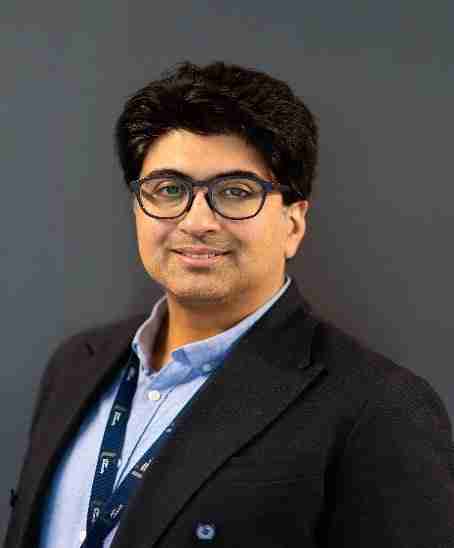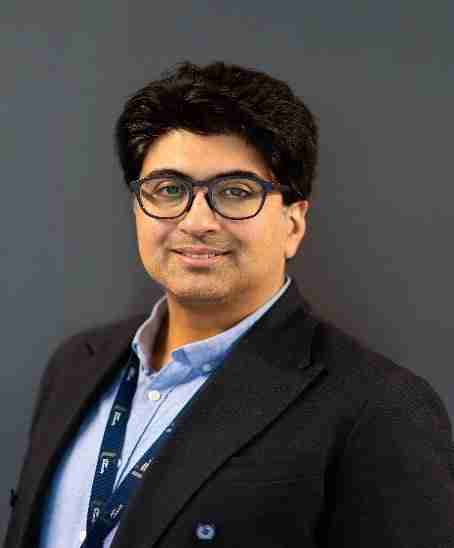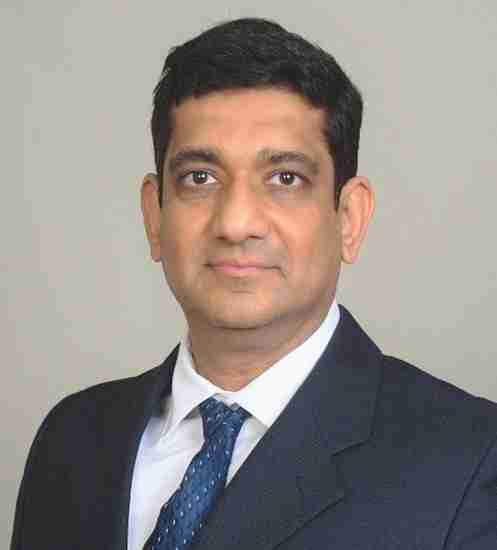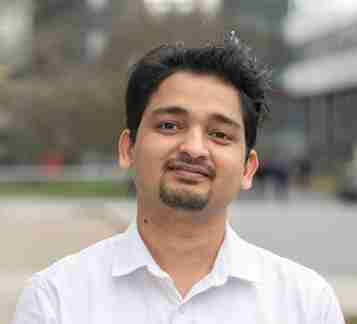Today, academia and industry are faced with generational challenges in Artificial Intelligence not seen since the Industrial Revolution. As the AI/GenAI community creates vast new and novel opportunities at a merciless velocity, it consequently creates challenges with lack of understanding and immature designs, processes, research, engineering, while also exposing gaps in formal AI/GenAI design and process education. Other resulting factors include a general fear of unknown AI/GenAI technologies, as well as system ambiguity and disguised complexities. It is imperative to mitigate these in critical environments (e.g., medical, financial, cyber defense etc.), or otherwise invite possibilities of irreparable harm or damage emerging from employing substantially increased levels of AI/GenAI automation/autonomy.
Therefore, in order to better serve modern business leaders with guidance to innovate, mitigate risk, and capitalize on novel advancements in AI/GenAI, the Society for Design and Process Science (SDPS) is uniquely bringing together the advanced academic research community with industry to more qualitatively harness the power of formal AI/GenAI Design and Process to accelerate Science and Business.
The Society of Design and Process Science is reaching out to the science and business communities to ask corporations interested in Artificial Intelligence and Generative AI for potentially improving every aspect of business, engineering, sciences, and even manufacturing etc. If so, SDPS is looking for your key knowledgeable, skilled experts from each organization willing to provide their insights on our panels, keynote addresses, important research, and be added to our list of special event sponsors.
Generally, we are focused on AI/GenAI topics in Business and Science. Here are a few of the many potential subtopics:
- AI/GenAI use in Medicine, Pharma
- AI/GenAI in the Natural Sciences
- AI/GenAI use in Transportation (rail, vehicles, trucks, motorcycles, aviation)
- AI/GenAI use in Security
- AI/GenAI in Logistics/Supply Chain Management
If you are interested in participating please contact us at varadraj.gurupur@ucf.edu, lalit.garg@um.edu.mt, neville.calleja@um.edu.mt, or john_carbone@baylor.edu. Our senior leadership will respond swiftly as slots will fill quickly. If interested in our science, business and/or academic panels or keynotes please provide a brief individual Bio and your related expertise. If you are interested in advertising and/or sponsoring/hosting some of the conference events (e.g., coffee breaks, meals, keynotes etc.) please contact Fan Xiong (bearfran@gmail.com).





























































































